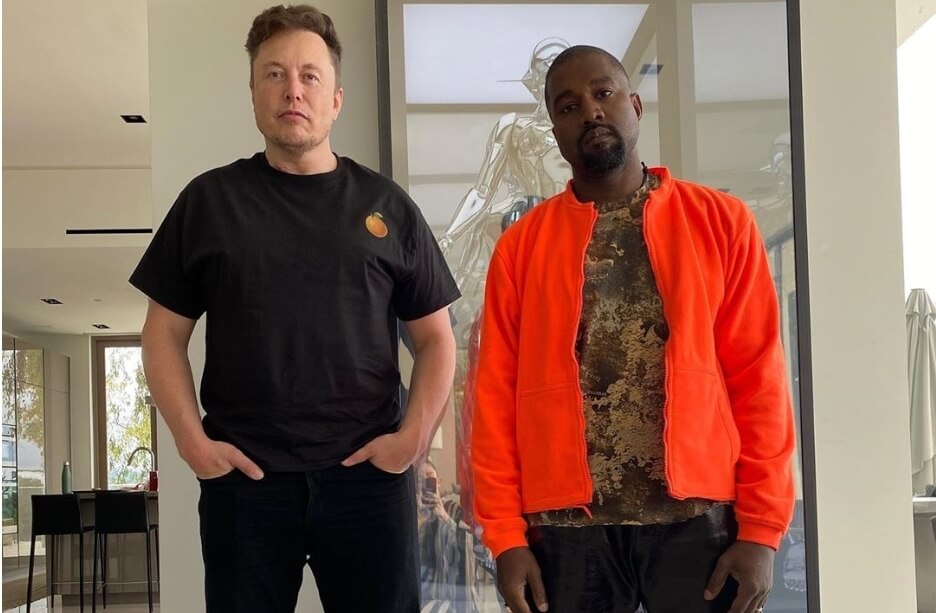US based exercise physiologist asks Africans to exercise more
 |
| Lauretta defies winter cold to still exercise. |
Lauretta Ashu has called on Africans to take exercising more seriously owing to the obvious health benefits it has, but more importantly due to the fact that the art of keeping fit through exercising is becoming lost to some Africans.
Miss Ashu is a professional with academic and work experiences in physical rehabilitation programs and research involving the use of exercise in young adults with mental disabilities. She is also a fitness coach who holds a Master Degree in Exercise Science.
The exercise physiologist grew up in Cameroon where she engaged in playing a lot of sports from basketball, soccer, handball to track and field events. As a young person, she always dreamed of pursuing a career that was related to exercise or fitness. This led her to continue playing sports with an NCAA Division 2 college soccer program in the USA.
Speaking on why Africans in the Diaspora must take exercising serious, Lauretta says: ‘Africans must take exercise serious, especially those who have immigrated to the West because back in Africa, there is a certain amount of physical demand in our daily living that allows us to live an active lifestyle. The West, on the other hand, is full of conveniences and processed food. Both of which have led to the alarming rise in obesity, diabetes and many other medical complications. Exercising and eating healthy may not completely stop one from getting ill but it reduces the probability which in turn cuts back on medical expenses and medical complications in the future’.
The Sports Medicine Industry is very important in Africa. Both as a healthy living medium and a health care service. As Africa becomes more developed, we see a rise in blue collar jobs. Also, there is a rise in industries that improve standards of living. These range from transportation to fast food companies. Gone are the days when going to the restaurant was only reserved for special occasions. Africans are no longer living the active lifestyle that was an indirect result of poverty. For these reasons, the fitness industry could be used as a tool to help people maintain an active lifestyle outside of their modern conveniences.’
From a medical perspective, Lauretta believes sports medicine is relevant in Africa both for the continent’s professional athletes and health care services. Exercise is preventive medicine and ‘preventive medicine is the best tool to use in a region that has very limited health care services’ she says. Educating the community on how to incorporate exercises into their daily activities is a medical investment that will reduce the need for and cost of medical care in the future. There is a great need for physical therapy programs in Africa because they can curtail medical care neglect.
Looking at the sports benefits of this subject: Africa has produced some of the best athletes in the world. Unfortunately, these athletes have oft-times immigrated to other more developed and advanced countries due to lack of a good sports medicine programs in their country of birth. If we want to keep our talents, we need to start implementing good fitness programs for training athletes. Like gems, athletes need to be ‘polished‘ through athletic programs to achieve maximum potentials. This means building training camps, investing in quality gears and having qualified staff such as exercise physiologist and sports medicine health care providers.
All of these components make up the Exercise Science and Sports Medicine Industry. Some countries on the African continent have already started realizing the importance of sports and health fitness which has given rise to the industry in countries such as Cameroon, Nigeria, Ghana and South Africa. One of Lauretta’s ‘…favorite American magazines; Women’s Health, has a publication in South Africa’ says Lauretta with a smile on her face.
When I asked the exercise physiologist whether there are specific kinds of exercises she recommends to people who cannot afford the luxury of an exercise expert or machinery, she responded saying: ‘you do not need a gym membership to stay active. The American College of Sports Medicine recommends exercising for about 30 minutes at least four times a week. Exercise could be going for a fast paced walk or slow jog. As per weight lifting, perform free body exercises. Free body exercises are those in which the weight of your body is your resistance. Examples include lunges, squats, push ups, mountain climbing, sit ups and a host of others‘. You can learn more about free body and home exercises on Lauretta’s blog.
Another example of employing preventive methods to staying healthier besides free body exercise is the way we eat. Many African meals are based on plants and staples, these are all good components of healthy nutrition. There are however two folds to a bad diet; the quality and quantity of the food consumed. For example, eating vegetables sounds healthy but many vegetable meals in Africa are cooked with palm oil and usually the palm oil is not used sparingly. Secondly, even though carbohydrates are good, eating a lot of it–which is prevalent in African staples like fufu, rice, millet, corn, cassava, yam, potatoes–is not advisable. The key to nutrition is moderation and portion control.
As per the African diet relative to the west, the globalization factor means western style fast food industries have moved in Africa, allowing people to order pizza, fries, burritos, KFC, MacDonald’s and many other western type across restaurants in Africa. As we become more modern and less active, we cannot maintain the same eating habits because we are not burning up the calories and this is what has led to a lot of the health problems faced globally today.
A solution to this problem as earlier explained by Lauretta lies in preventive medicine; a tool that has had many positive results across Africa. If by educating communities about hygiene and safe sex epidemics such as STD’s have saved many lives, physical education can have similar effect. It is not the presence of health care facilities alone that creates positive results, but the readiness of members of the communities to take the necessary steps to comply with Lauretta’s favorite quote, which is “A stitch in time saves 9“. If we don’t use exercise as a preventive medicine tool now in Africa, we are soon going to be dealing with the many social and medical effects of being a clinically overweight continent.
Written by Oral Ofori



